Filter by
SubjectRequired
LanguageRequired
The language used throughout the course, in both instruction and assessments.
Learning ProductRequired
LevelRequired
DurationRequired
SkillsRequired
SubtitlesRequired
EducatorRequired
Explore the Unity VR Course Catalog

Skills you'll gain: Event-Driven Programming, Mobile Development, Object Oriented Programming (OOP), User Interface (UI) Design, Version Control, Android (Operating System), User Interface (UI), C# (Programming Language), Object Oriented Design, Scripting, Git (Version Control System), Cross Platform Development, Program Development, Interactive Design, Software Design, Augmented and Virtual Reality (AR/VR), Computer Graphics, Scripting Languages, Visualization (Computer Graphics), Computer Programming
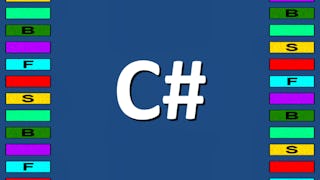
University of Colorado System
Skills you'll gain: Object Oriented Programming (OOP), C# (Programming Language), Software Design Patterns, Event-Driven Programming, Program Development, Virtual Environment, UI Components, Software Development, User Interface (UI), Data Import/Export, Debugging, File Management
 Status: Free
Status: FreeYale University
Skills you'll gain: Environmental Issue, Environment, Liberal Arts, Discussion Facilitation, Systems Thinking, Cultural Diversity, Ethical Standards And Conduct, Education and Training

Skills you'll gain: User Interface (UI), Virtual Environment, Augmented and Virtual Reality (AR/VR), Visualization (Computer Graphics), Development Environment, Computer Graphics, Software Installation, Content Management, System Design and Implementation, Scripting, Application Deployment
 Status: Free
Status: FreeYale University
Skills you'll gain: Environment, Environmental Issue, Water Resources, Intercultural Competence, Ethical Standards And Conduct, Cultural Diversity, Social Justice, Advocacy
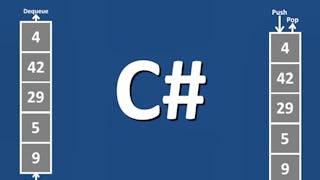
University of Colorado System
Skills you'll gain: Object Oriented Design, Software Design Patterns, Data Structures, C# (Programming Language), Graph Theory, Computer Programming, Software Engineering, Software Architecture, Algorithms, Computational Thinking
 Status: Free
Status: FreeRutgers the State University of New Jersey
Skills you'll gain: Digital Transformation, Customer Engagement, Business Technologies, Augmented and Virtual Reality (AR/VR), Business Transformation, Technology Strategies, Business Marketing, Cross-Functional Collaboration, Customer Relationship Management, Internet Of Things, Emerging Technologies, Business Ethics, Customer Insights, Business Leadership, Blockchain, Artificial Intelligence

Skills you'll gain: 3D Modeling, Computer Graphics, Visualization (Computer Graphics), Augmented and Virtual Reality (AR/VR), Real Time Data, Virtual Environment, Data Import/Export
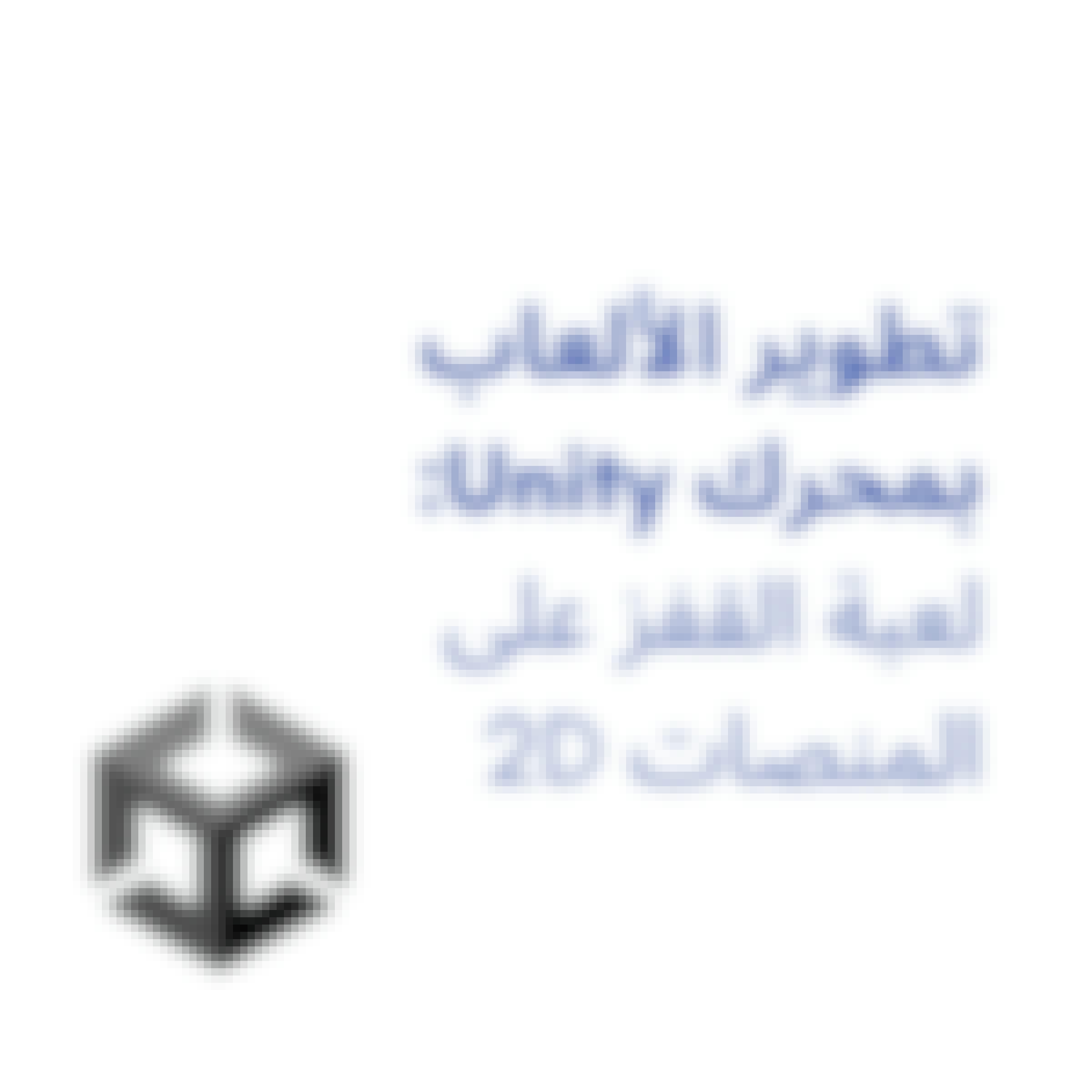 Status: Free
Status: FreeCoursera Project Network
Skills you'll gain: C# (Programming Language), Program Development, Performance Tuning, Computer Programming, Object Oriented Programming (OOP), Development Environment, Scripting, Application Frameworks, Computer Graphics, User Interface (UI)
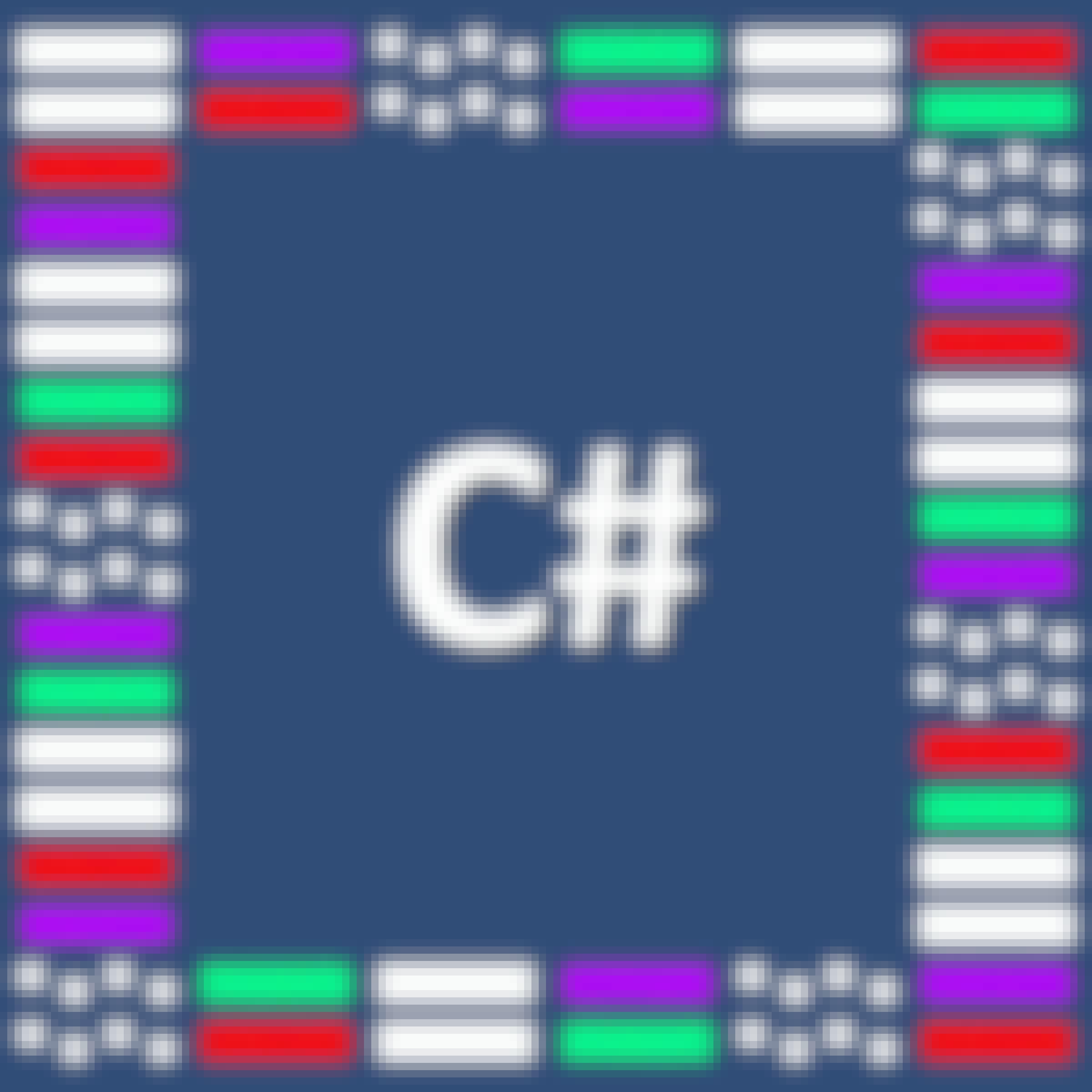
University of Colorado System
Skills you'll gain: C# (Programming Language), Object Oriented Programming (OOP), Microsoft Visual Studio, Computer Graphics, Computer Programming, Software Design, Application Development, Application Frameworks, UI Components, Development Environment, Debugging

Skills you'll gain: Event-Driven Programming, Object Oriented Programming (OOP), C# (Programming Language), Object Oriented Design, Scripting, User Interface (UI), Software Design, Scripting Languages, Program Development, Computer Programming, User Interface (UI) Design, Software Development
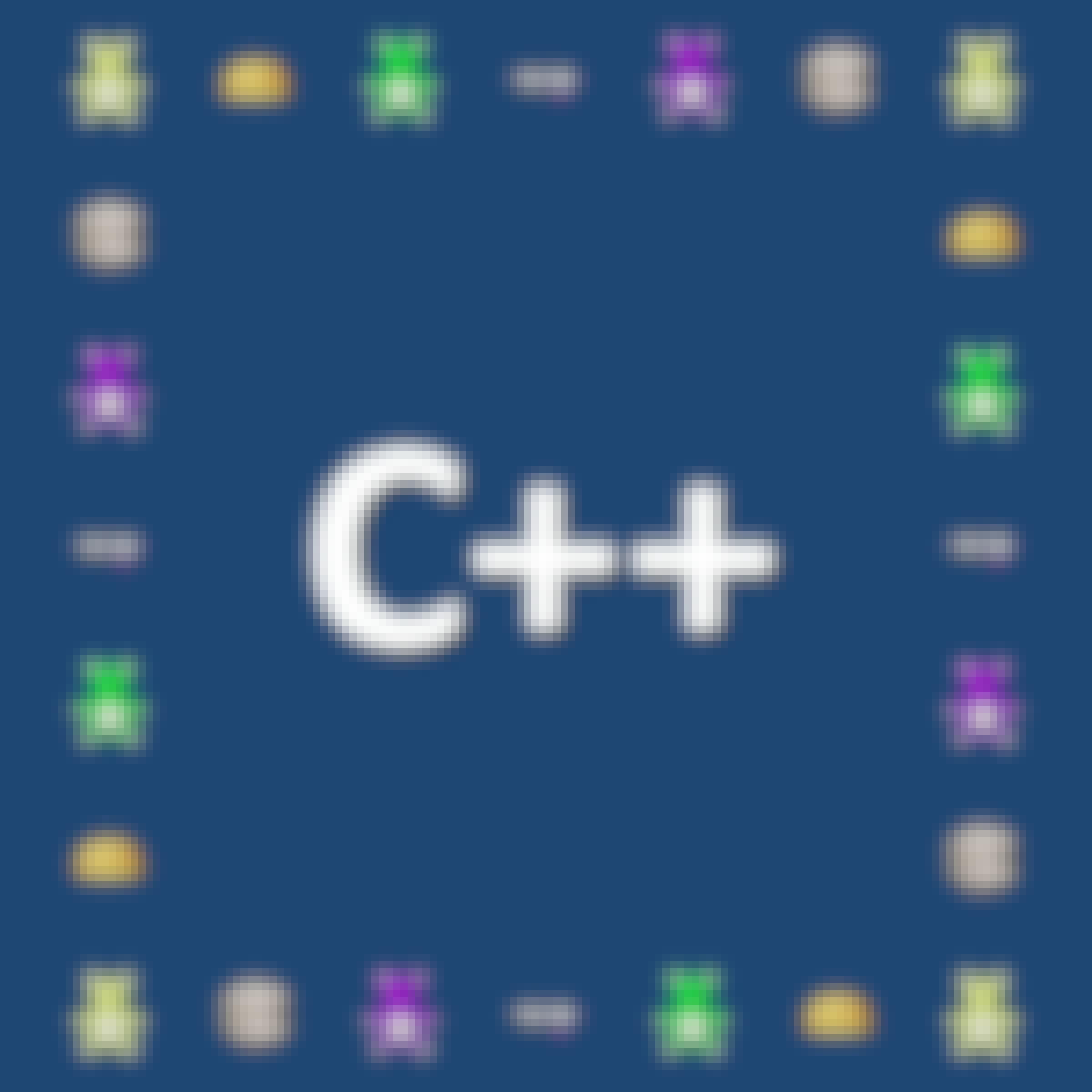
University of Colorado System
Skills you'll gain: C++ (Programming Language), Object Oriented Programming (OOP), Event-Driven Programming, Computer Programming, Program Development, User Interface (UI), Debugging, Data Import/Export, File Management, Software Design
Unity VR learners also search
In summary, here are 10 of our most popular unity vr courses
- Unity C# Scripting — Complete C# for Unity Game Development: Packt
- Intermediate Object-Oriented Programming for Unity Games: University of Colorado System
- East Asian Religions & Ecology: Yale University
- Unreal Engine 5 - The Complete Beginner's Course: Packt
- Western Religions & Ecology: Yale University
- Data Structures and Design Patterns for Game Developers: University of Colorado System
- New Technologies for Business Leaders: Rutgers the State University of New Jersey
- Intermediate 3D Modelling and Game Asset Creation: Packt
- تطوير الألعاب باستخدام محرك Unity: 2D لعبة القفز على المنصات: Coursera Project Network
- C# Class Development: University of Colorado System










